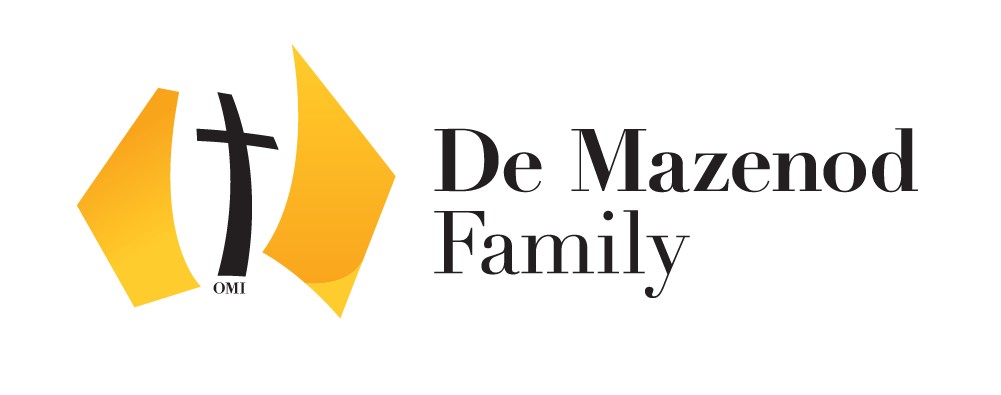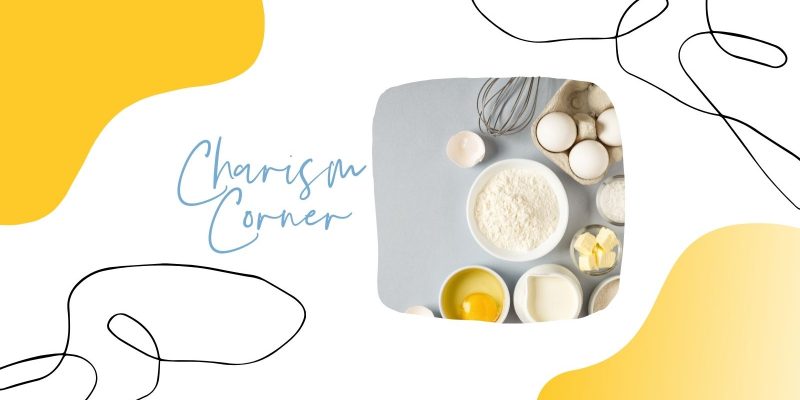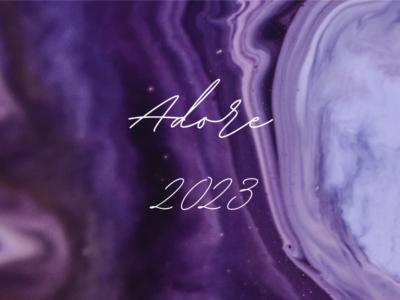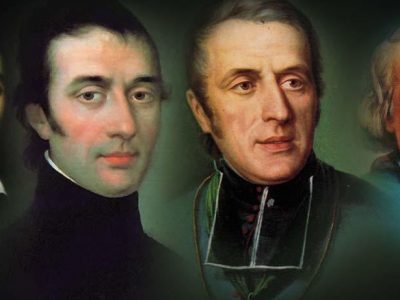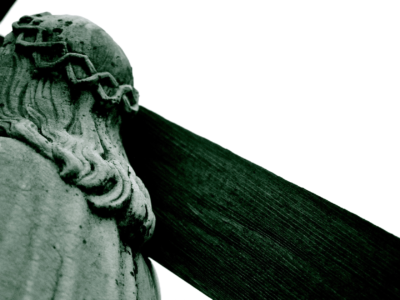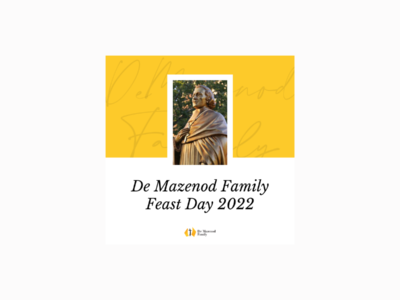By Nimmi Candappa
When we bake a cake, we include butter, sugar, flour and eggs and bake it. For those who are unfamiliar with this process, or for children seeing a cake for the first time, the cake looks nothing like an egg, or in fact any of the other ingredients on their own. Yet these ingredients are definitely incorporated into the body of the cake, just not visible to those who see the end product. Having celebrated the feast of Corpus Christi last weekend, we experience a similar concept. We believe that God is fully present in the consecrated Eucharistic host, just not evident to the human eye.
Partaking in this Eucharist at Mass, we absorb God in a very tangible way. In the same way nutritionists remind us that we are what we eat, our faith too reminds us that we receive something great within us, the very presence of God, when we receive Holy Communion at Mass. St Eugene reminds us that “(Christ) willed to become our nourishment in this divine sacrament…” and it is in “receiving Holy Communion often that makes one perfect.” As we go through the day, it is worth keeping this in mind. After Holy Communion, we have access to God’s power – to deal with our weaknesses and the obstacles that face us, and we have access to God’s love – to give to those most in need of it as well as to those we find difficult to love.
In our struggles, St Eugene challenges us to spend time in Adoration, saying, “if you believe that Jesus Christ is now present body and soul, cloaked by the species of bread and wine in this tabernacle… go to him, you also who are frail and sad, go to him; to ask his assistance, his enlightenment and his strength”. This is also reflected in the Oblate constitutions, which highlight the importance of bringing to God our daily pressures. By conversing with God daily, our attitudes, our reactions, our outlooks are gradually moulded by God, transformed into a Christ-centred focus. As intense heat and pressure are part of the process of diamond formation, when we bring life’s pressures to God, they are converted into something precious, something that glistens within us and draws people to us.
In this coming fortnight, we might like to reflect on how deeply we believe in the real-presence of God in the Eucharist. How sincerely do we believe that God can present Himself in any way He chooses? In what ways can we deepen our belief in this? Perhaps we can ask God in Adoration for a deeper conviction of this, or read about the numerous Eucharistic Miracles recorded. Our culture encourages us to believe only with evidence, our faith teaches us that not all things of value need proof.
